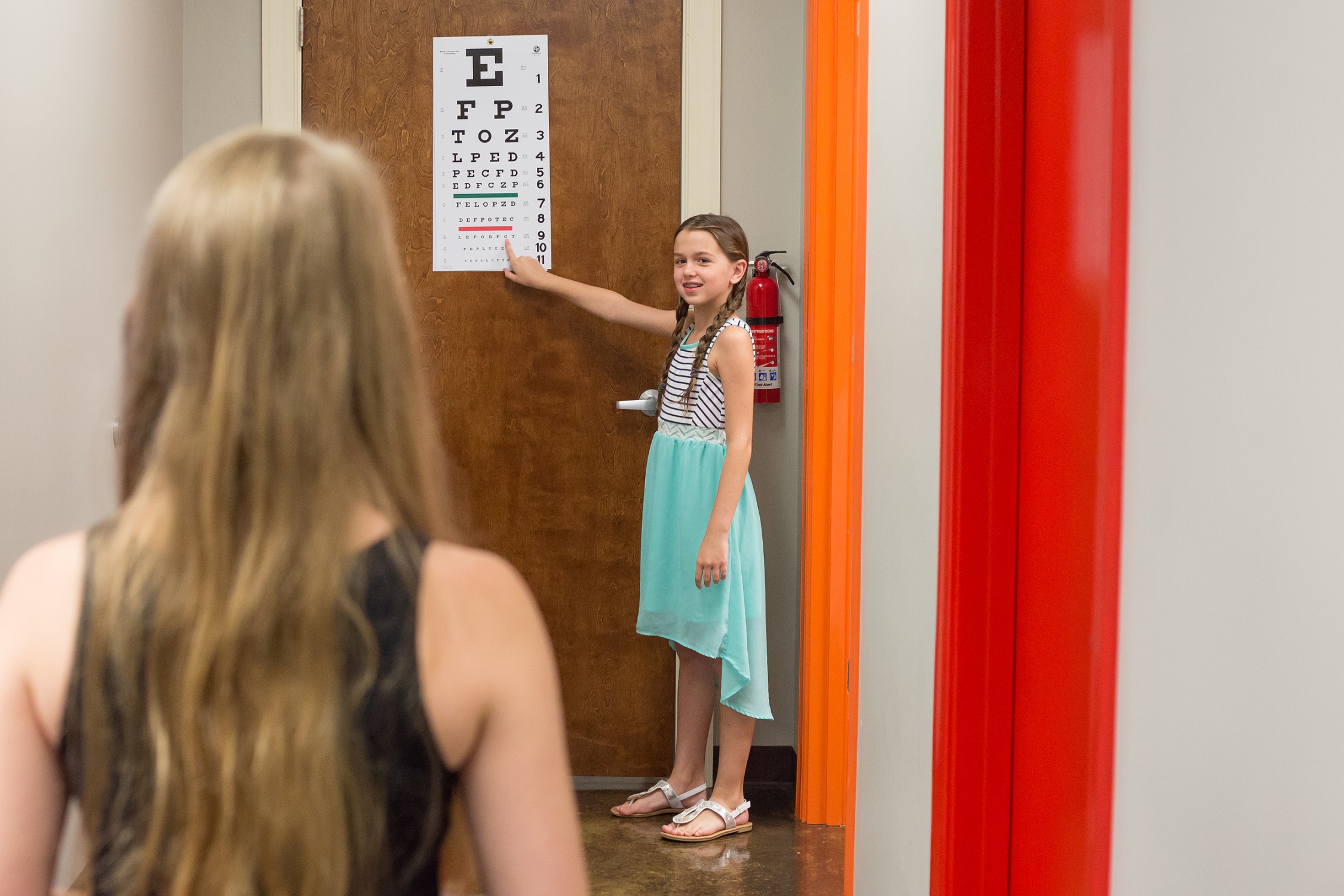Calling all 6th Graders…
July 11, 2016

If your child is preparing to enter in the 6th grade, then it’s time for you’re his/her checkup and immunizations. Most schools require the immunizations and a blue slip before starting the 6th grade. At these visits, your provider will:
– Check your child’s height, weight and body mass index
– Measure vital signs such as blood pressure
– Decide if vision and hearing tests are necessary
– At our office, we do a depression screening at checkups for age 10 years and up
– Update immunizations as needed. Common vaccines at this age are:
o TDaP (Tetanus, Diphtheria, and Pertussis)
o MCV4 (Meningitis)
o HPV (Human PapillomaVirus) which protects against genital warts and cervical cancer
Links to Vaccine Information Sheets:
TDaP http://www.cdc.gov/vaccines/hcp/vis/vis-statements/tdap.pdf
MCV4 (Meningitis) http://www.cdc.gov/vaccines/hcp/vis/vis-statements/mening.pdf
HPV (Human Papilloma Virus) http://www.cdc.gov/vaccines/hcp/vis/vis-statements/hpv-gardasil.pdf
There is usually a lot of questions about the HPV vaccine:
What is the human papillomavirus (HPV) vaccine? — The HPV vaccine helps keep people from getting infected with a germ called “human papillomavirus,” or “HPV.”
Vaccines are treatments that can prevent infections. It is a 3 step series, given within 6 months.
Why should I get the HPV vaccine? — The HPV vaccine can help keep you from getting an HPV infection. An HPV infection in the genitals can lead to cancer of the cervix (cervical cancer) in women. An HPV infection in the genitals can also cause genital warts in women and men. Plus, an HPV infection in the mouth and throat can lead to cancer of the mouth and throat in women and men.
Once a person has an HPV infection, there is no way to get rid of it. The HPV vaccine is a good way to try to prevent getting infected in the first place.
How can people get infected with HPV? — People can get infected with HPV if their mouths or genitals touch the mouths or genitals of someone who is infected. People who have a lot of sex partners have a higher chance of getting an HPV infection.
What are the symptoms of an HPV infection? — Most people do not have any symptoms when they get infected with HPV. And often, the infection will get better on its own. But in some people, the infection doesn’t go away. People with a long-lasting HPV infection have a higher chance of getting cervical cancer, mouth or throat cancer, or genital warts. These problems usually happen many years after a person is first infected.
At what age do people get the HPV vaccine? The HPV vaccine works best when it is given before a person gets infected with HPV. The HPV vaccine can’t cure an HPV infection that a person already has. That’s why it is better to get the HPV vaccine before you have sex for the first time. If you have already had sex, talk with your healthcare provider. He or she might recommend that you get the HPV vaccine anyway, because it could still help you.
What side effects can the HPV vaccine cause? — The HPV vaccine can cause redness, swelling, or soreness where the shot was given, as with any injection. It can also cause people to pass out, but this is uncommon. To make sure that this doesn’t happen, your doctor or nurse will have you stay on the exam table for a few minutes after the shot.
Does the HPV vaccine always work? — The HPV vaccine is very good at preventing HPV infection and cervical cancer. It might also prevent mouth and throat cancer. But it is not perfect. In some cases, people who get the vaccine can still get an HPV infection.
Does the HPV vaccine prevent other diseases you catch through sex? — No. The HPV vaccine does not keep people from getting or spreading other diseases that are spread through sex. To keep from getting or spreading a disease that is spread through sex, you should always use a condom.
Do I need to be checked for cervical cancer if I get the vaccine? — Yes. All women, including those who get the HPV vaccine, should be checked on a routine schedule for cervical cancer. Most women are checked using a test called a “pap smear” starting at age 21.
How do I know if I have an HPV infection? — If you have genital warts, you have an HPV infection. But this is not the same type of HPV that can lead to cancer. If you are a woman, your doctor might check for HPV infection on your pap test. There are no tests to check for HPV infection in the mouth or throat.
Next Post >>